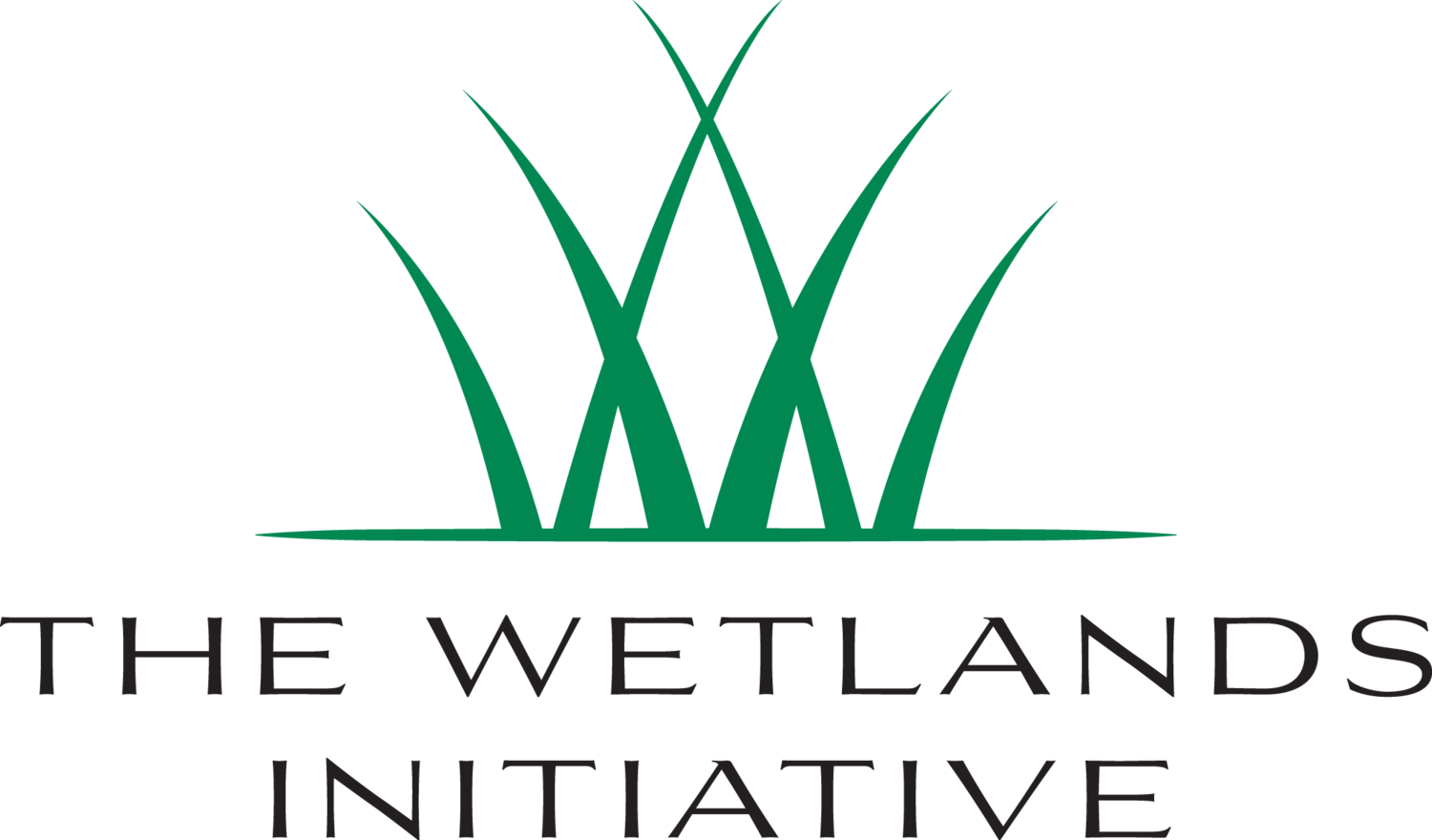The Wetlands Initiative worked with the Friends of the Big Bureau Creek Watershed, a coalition for clean water, to hold a free producer workshop on March 2nd in Princeton, Illinois, on the economics of land stewardship and nutrient management practices.
This was the first-ever agricultural-conservation workshop held in the Big Bureau Creek Watershed. Roughly 40 people attended to hear from diverse speakers, including state agencies, local companies, and area farmers on conservation practices that could benefit them and their operations.
The workshop was made possible with funding from McKnight Foundation and the Natural Resources Conservation Service (NRCS) to implement the Mississippi River Basin Healthy Watersheds Initiative (MRBI) in this priority watershed. The goal of the MRBI is to address water quality problems in select watersheds within the Mississippi River Basin by increasing producer enrollment in specific Farm Bill-funded conservation practices that reduce nutrient runoff from agricultural fields.
Jill Kostel, TWI senior environmental engineer, explains water quality trading at the March 2nd producer workshop.
Practices discussed ranged from activities under the Conservation Stewardship Program to using strip-till/no-till and cover crops. Jill Kostel, TWI senior environmental engineer and Big Bureau Creek project director, explained how a water quality trading market could allow farmers to voluntarily, cost-effectively address nutrient pollution in waterways by restoring wetlands on their properties.
"We have an opportunity in the Big Bureau Creek Watershed to develop policies and guidelines from the grassroots level, to shape Illinois' future water quality trading markets," Kostel said.
Participants also had the chance to question their peers currently using conservation practices on the implementation process and the benefit for them and their operations.
NRCS soil conservationist Henry Sanford explained why the government offers producers partial funding programs as an incentive for such practices. "[A farmer using conservation practices] is helping to clean your air, clean the water, keep the soil out of the creeks. Those are the things we're paying big money for now to clean up downstream. If he's stopping it before it gets started, you're getting more bang for your buck."
Producers said they found the workshop useful, and planned to share the information with others.
"It was all very interesting," said Kent Hildebrand, who has two area farm properties. "I'm particularly interested in the cover crops; now I just have to talk my son into trying it."
